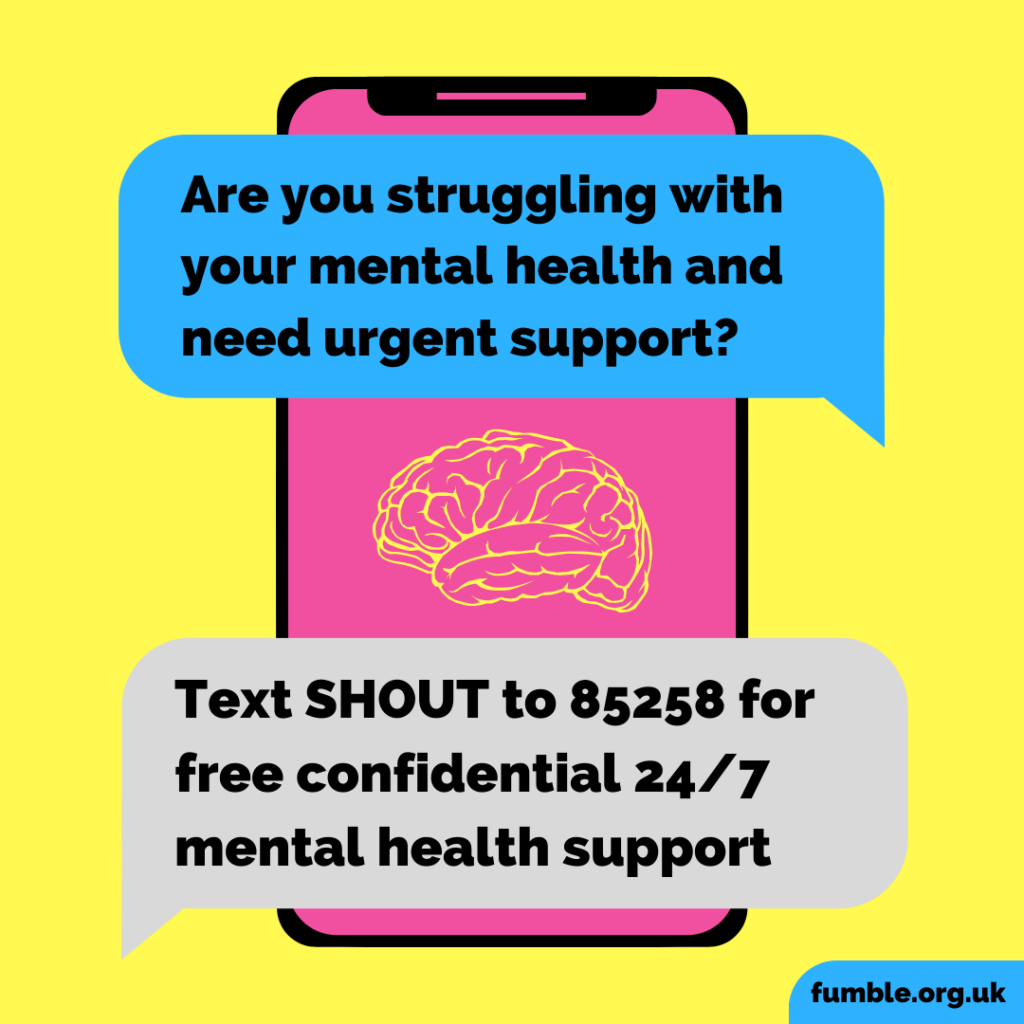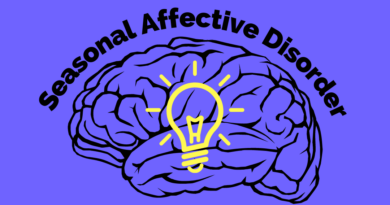Understanding depression and where to go for help
What is depression, and where can you seek help if you think you have it?
Most people experience low moods sometimes. But if you have clinical depression, those low moods can last for a lot longer – weeks, months, or even years. The symptoms of depression vary in severity. At its mildest, it can be a low mood that doesn’t necessarily stop you living your day-to-day life, but at the same time can make it harder to do so. At its most severe, depression can lead to suicidal thoughts and even psychosis (hallucinations and delusions).
Symptoms of depression
There are many symptoms of depression, including:
- Low mood and sadness
- Feeling hopeless and helpless
- Irritability and intolerance of other people
- Feeling isolated
- Suicidal thoughts and feelings
- Suffering from anxiety, or symptoms of anxiety
- Unexplained physical aches and pains
- Low sex drive
- Changes in sleeping pattern – either sleeping too much, or too little
- Changes in appetite
- Lack of energy
- Self-harm
- Changes in your menstrual cycle
This list is by no means exhaustive, but it helps to give you a general idea of how depression can affect your life, and make daily tasks feel much harder than they would feel when mentally well.
There are many things that can trigger depression, including life events, physical health problems, drugs and alcohol, childhood events and other mental health problems. Although there isn’t always an obvious trigger.
Anyone can get depressed.
So you think you have depression
If you suspect you might be suffering from depression, don’t sit on it thinking it will just go away. In many cases it won’t.
The best place to get help is your doctor. They will be able to talk you through your options in terms of treatment, and give you advice to help you cope while living with depression. They will also be able to refer you to local mental health services, including counsellors, which you may find helpful.
Another thing your doctor can do is talk to you about using medicine to control the symptoms of depression that you’re experiencing. Some people find using antidepressants – or a mixture of antidepressants and talking therapy – aids their recovery greatly. However, make sure you are aware of all the possible side-effects of the medicine you are offered before taking them. Not everyone gets on with antidepressants and what works for some people might not work for others.
There are many forms of treatments and alternative therapies that people find helpful. No matter how bad you feel, there will be something that can help you manage your symptoms.
Practising self-care is also a great way to manage your symptoms. Some examples of self-care include eating well, taking exercise, getting good sleep, looking after your hygiene and avoiding drugs and alcohol. People also find using techniques such as cognitive behavioural therapy (CBT) helpful too.

Helplines such as Samaritans and No Panic’s Youth Hub provide valuable support and information for people suffering from various mental health problems. You can also get free, confidential support via text from Shout. There are also online communities, such as Side by Side (18+), which are safe spaces to share your experiences with people who understand what you’re going through.
It can get better
Many people delay getting help for depression because they think it’s not really an illness, or that being depressed makes them weak. Neither is true, and if you think you have depression it’s really important that you seek help as soon as you can. Early intervention can make recovery easier. Additionally, identifying your support network will make living with depression a little easier.
So, if you think you have depression, or have been recently diagnosed, don’t worry.
Many people recover from depression, and go on to live happy and fulfilling lives. Even if you suffer from further bouts, once you have established the best method of care and the tools to tackle it you will find that you can cope much better.
Other support
- Need help? Top 10 mental health groups
- Young Minds – Depression: A Guide for Young People
- YoungMinds – How dealing with my anger helped my recovery from depression
- YoungMinds – What it’s like to be diagnosed with depression
- YoungMinds – Real stories from young people
Read more
Last Reviewed 21 June 2023
Image Credit: mikoto.raw Photographer via Pexels





